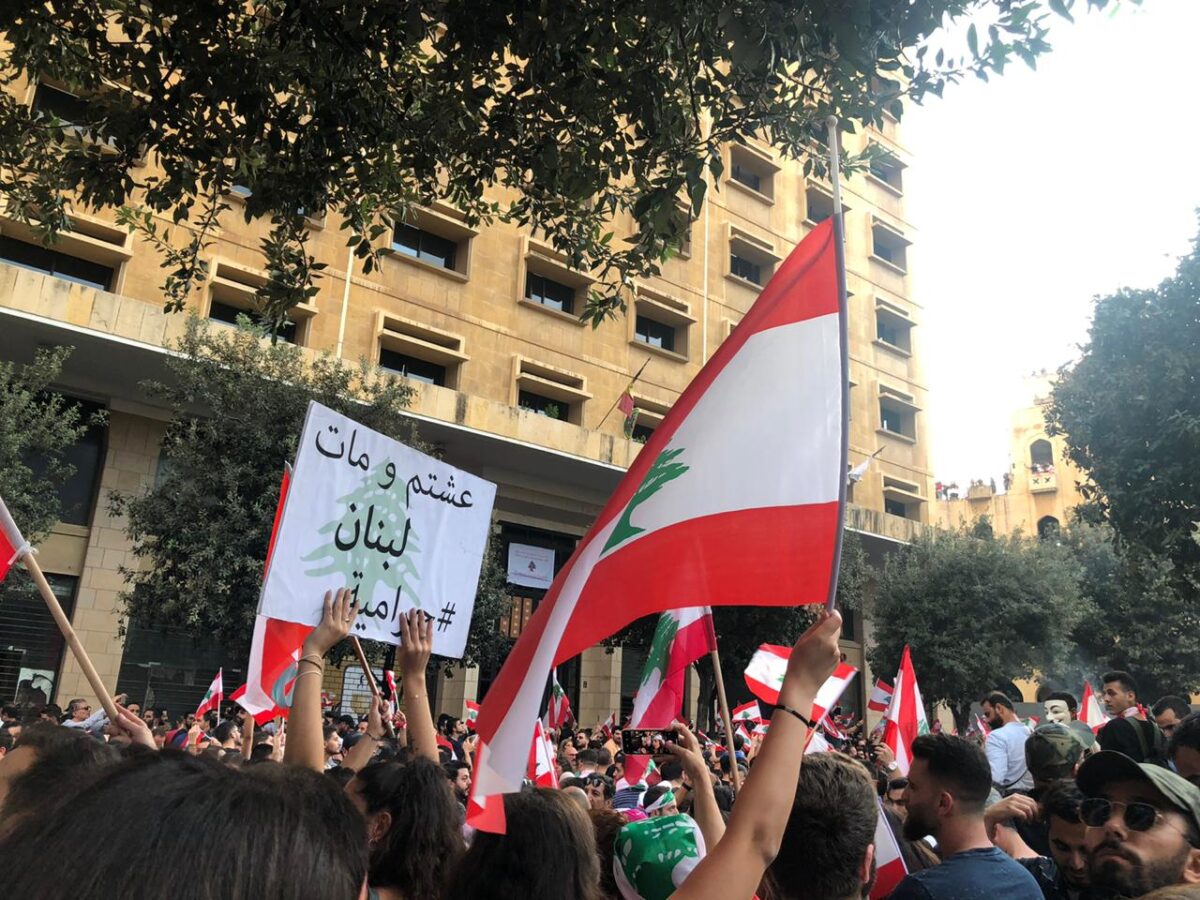The ripple effects of the catastrophic explosion that levelled the port of Beirut on August 4 have shaken Lebanon to its core.
The blast killed 158, wounded about 6,000 and left upwards of 300,000 homeless. Causing $10 billion to $15 billion in damage, it was felt 150 miles away in Cyprus, and was the biggest peacetime disaster in Lebanon’s 77-year history as an independent country.
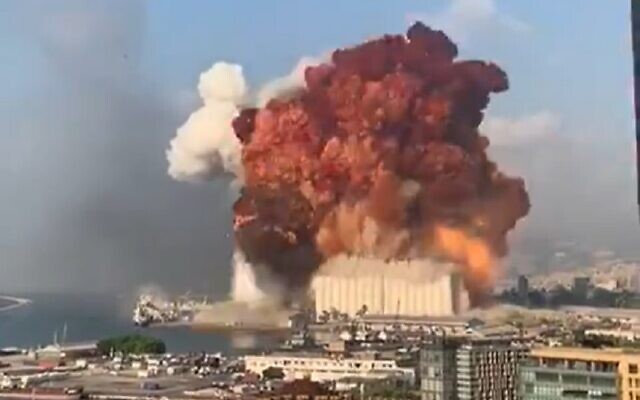
Detonated by the combustion of 2,750 tons of ammonium nitrate, an industrial compound normally used in the manufacture of bombs and fertilizer, it was the latest calamity to convulse Lebanon.
In the past four decades, this former French colony has endured a civil war, a foreign occupation, an invasion, an influx of refugees, and cycles of political turmoil and economic malaise.
And now this.
The gigantic explosion, which damaged buildings miles from the port, touched off violent street protests and reignited a political crisis that is far from settled.
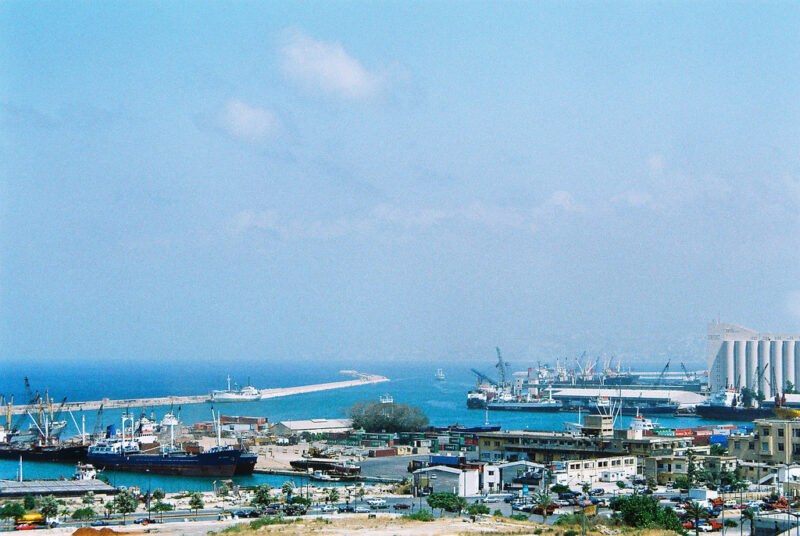
To many Lebanese, the explosion offered yet more proof that its politicians are negligent, corrupt and ineffectual.
The highly combustible ammonium nitrate was placed in a derelict warehouse close to residential neighborhoods six years ago, and despite warnings that it should be moved to a safer locale, nothing was done.
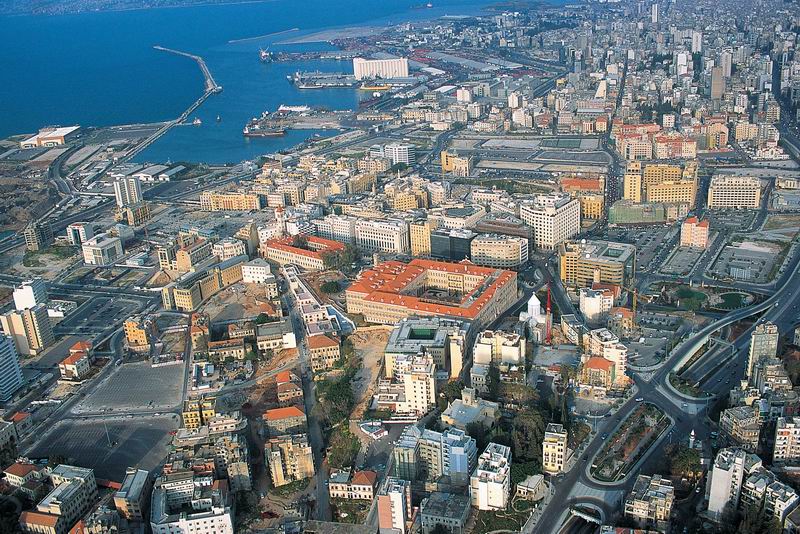
After the explosion, several port officials were arrested, but no one in the government assumed responsibility for this disaster.
In a bid to deflect criticism, top officials promised a swift and thorough investigation, but rejected a demand by protesters that an independent investigation, spearheaded by foreign experts, was necessary.
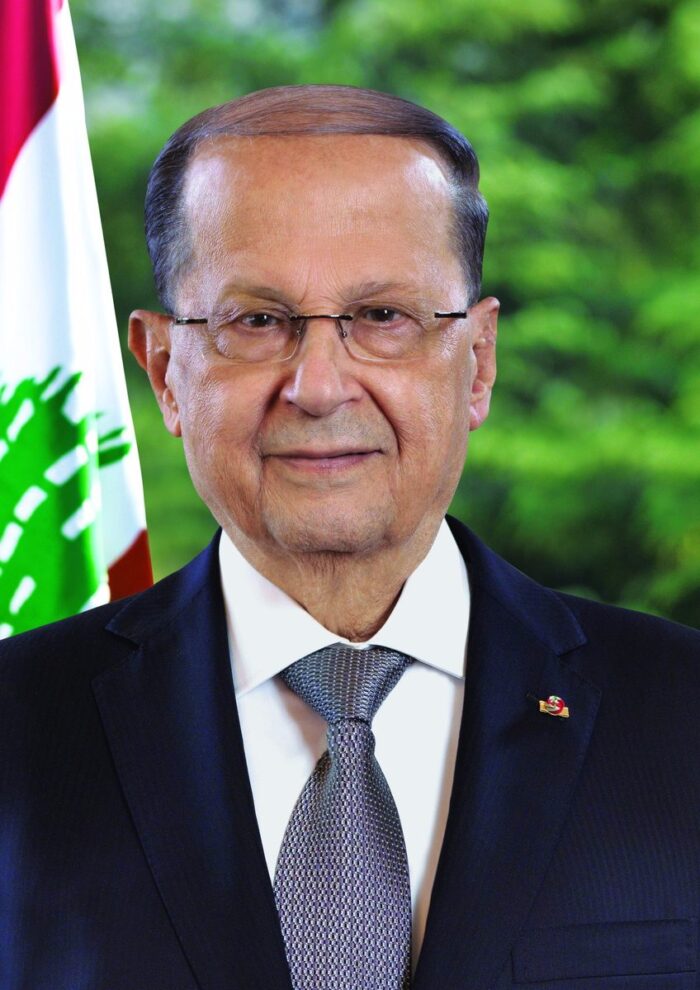
President Michel Aoun and Prime Minister Hassan Diab issued statements to mollify critics. Aoun vaguely claimed that it could have been set off by a bomb or “foreign interference,” but he did not offer a scintilla of evidence to support his claim. Diab said he would recommend early parliamentary elections.
Tellingly enough, the government did not rush in to clean the streets of rubble and debris. This task was left to local residents, in yet one more illustration of the national government’s inability to deliver basic services. Nor did it provide much assistance to the victims, who were mostly helped by foreign technicians and medics.
Observers were hardly surprised by its lackluster response.
Power cuts occur regularly, forcing people to pay extra for electricity. Mounds of garbage and piles of discarded plastic are common sights. Chemical waste is not properly disposed of. And when wildfires ravaged Lebanon a year ago, firefighting planes were not available because they had not been adequately serviced or fueled.
The Lebanese people are inured to this shocking kind of negligence and corruption, but no one could imagine the extent of it until a huge mushroom cloud appeared over Beirut following the explosion.
In a reprise of the nation-wide riots that erupted last October, thousands of angry demonstrators clashed with security forces in the city’s downtown on August 8 demanding the resignation of the country’s leaders.
Emboldened demonstrators erected gallows and conducted ceremonial hangings of, among others, Nabih Berri, the Speaker of Parliament, and Hassan Nasrallah, the secretary-general of Hezbollah, the Shi’a Muslim militia and political party.
Protestors stormed government ministries and four members of Parliament quit, calling for the “birth of a new Lebanon.”
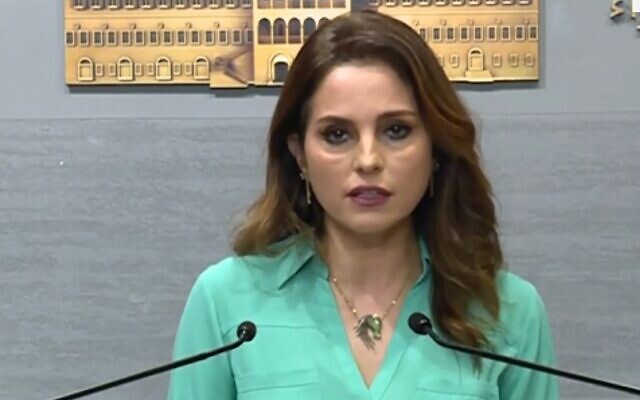
On August 9, two cabinet ministers resigned: Information Minister Manal Abdel Samad and Environment Minister Damianos Kattar. On August 10, two more ministers announced their resignations, followed by the news that the entire cabinet would be dissolved.
In a preview of what was to come, Foreign Minister Nassif Hitti resigned on August 3 after issuing a warning that Lebanon “is sliding toward becoming a failed state.”
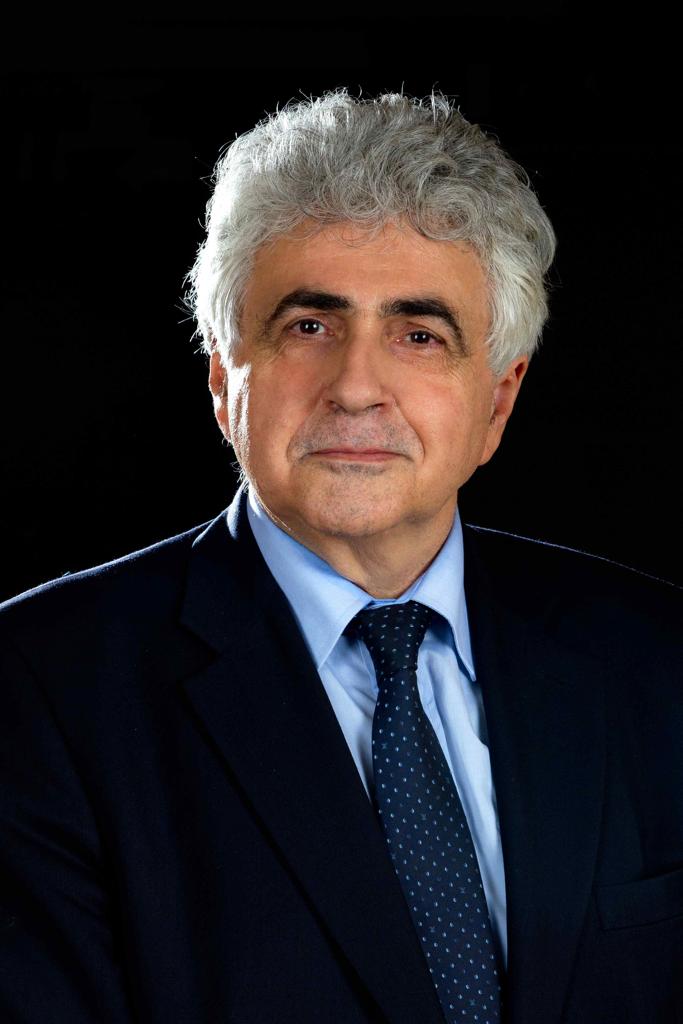
Hitti criticized Hezbollah, a powerful force in Lebanese politics. And in an implicit dig at Iran, Hezbollah’s key ally, he urged Lebanon to strengthen its relations with the Arab world.
In a speech on August 7, Nasrallah categorically denied that Hezbollah had any connection to the ammonium nitrate, the port, or the explosion. But Hezbollah — which fought a lengthy guerrilla war and then a conventional war with Israel — is believed to store munitions and missiles in towns and cities throughout Lebanon, especially in the south.
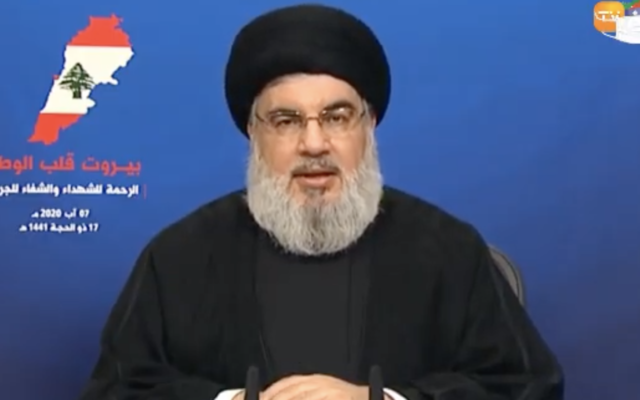
Long before the events of August 4, Lebanon was mired in serious economic problems due to a combination of corruption, waste and inefficiency. The cost of living surged, the jobless rate rose, and the value of the Lebanese pound plunged, wiping out people’s savings.
In short, Lebanon is locked in a debilitating spiral of inflation, unemployment and recession.Two months ago, the director of the Ministry of Finance resigned in protest over the government’s inept handling of the crisis.
Lebanon is a nation of disparities, its wealth in the hands of a small and privileged minority. By one estimate, the richest one percent of the population owns more than the poorest 58 percent.
Lebanese politics are governed by the 1943 National Pact and the 1990 Taif agreement, a sectarian power-sharing system in which positions and public resources are parcelled out on the basis of religion and ethnicity. There are 18 officially-recognized religious sects and their respective interests are reflected in the composition of governments. The prime minister must be a Sunni Muslim, while the president must be a Maronite Christian.
This patronage system accommodates Muslims and Christians alike and thus contributes to a measure of stability, but it allows politicians representing their respective communities to place their own priorities above the state and perpetuate a culture of impunity.
The judiciary, which is controlled by the ruling political class, is unable or unwilling to deal with widespread corruption.
Lebanon has been riven by two civil wars. The first one, in 1958, was of short duration. The second one, which pitted Muslims against Christians and dragged the Palestinians into its jaws, broke out in 1975 and lasted until 1990, claiming the lives of more than 100,000 combatants. Syria intervened militarily in 1976 and its army remained in Lebanon until its withdrawal in 2005.
Israel invaded Lebanon in 1978 and again in 1982 to destroy the armed Palestinian infrastructure, but Israel’s occupation of southern Lebanon led to unintended consequences: the formation of Hezbollah and the enhancement of Iran’s strategic position in the Middle East.
As a result of the ongoing civil war in Syria, which started in 2011, several hundred thousand of its citizens have fled to safety in Lebanon. But their presence is a great burden on the Lebanese government.
And now, in the aftermath of the deafening explosion in Beirut, Lebanon is faced with the enormous and costly challenge of rebuilding its major port and parts of Beirut and reshuffling the cabinet so that it is far more responsive to the needs of the people.
